Symposium
Thursday 19th & Friday 20th September 2024
Malta Society of Arts, Palazzo de la Salle, Republic St, Valletta, Malta
Figure It Out The Art of Living Through System Failure is collaborative project that has been granted support under the Creative Europe program, sub-program Culture, of the European Education and Culture Executive Agency. Collaborators are Drugo More (HR) (Project Lead), Kiosk (RS), La Labomedia Association (FR), Vektor (EL) and Unfinished Art Space (MT). The project explores a range of practices that enable disenfranchised groups to overcome barriers established by administrative, institutional, and algorithmic regimes.
Gendered, racialized, bordered and exploited, marginalised, underserved, discriminated and vulnerable communities are often forced to develop tools and strategies that are considered unacceptable to the institutions of the system; thus developing practices and phenomena of coping, tinkering, making-do and circumventing exclusions. Sometimes these tools and strategies are forged out of necessity, of survival, sometimes to exercise rights or to secure access to basic services available only to ‘deserving’ citizens. Such tools and strategies are always aimed at a certain system (state, welfare institutions, corporations, workplace, credit, housing, utilities etc.) that has its own rules and conditions of access that these communities or individuals cannot meet, producing and reproducing systemic exclusion.
Finding ‘holes in the system’ and developing strategies to take advantage of system weaknesses, people use their ingenuity to avoid detrimental effects on their lives and lives of their communities.
Moreover, such practices have now expanded into the digital sphere, where they are facing new kinds of power structures and also getting recombined in interesting ways. As dataveillance, algorithmic governance and digital profiling seep into mechanisms of exclusion and dispossession, from border controls to public transport, education, health and housing, new workarounds, tinkering and hacking emerges. As they do with the growing impacts of climate change, forcing underserved communities across the globe to be resourceful and devise their own forms of adaptation.
See the Symposium programme here
Information about travelling to Malta here
Information on the Figure It Out exhibition is here
Roundtable: CLEANING WORK REIMAGINED: STRUGGLES, MAINTENANCE, AND THE POSSIBILITY OF CARE JUSTICE
Moderator: Valeria Graziano
Sticky Care | Bettina Knaup
Eleven Theses on the Pedagogy of Cleaning | Janna Graham
On the cleaning of the contemporary university: an institutional analysis of the Goldsmiths crisis | Louis Moreno
Cleaning and restoring: a dilemma at the heart of ecological transition | Tomislav Medak
Convenors: Valeria Graziano (Justus-Liebig University, Giessen) & Davor Misković (Drugo More, Rijeka)
This interdisciplinary roundtable aims to explore the diverse narratives and experiences of those engaged in various forms of cleaning labour, in formal and informal conditions and settings, including data cleaning and artistic practice. Cleaning involves the removal of unwanted elements—dirt, dust, germs, disturbing images, and inaccurate information—from spaces, bodies, and systems. It is a form of care essential for maintaining safe, healthy, and comfortable environments for individuals and communities. Clean and organized spaces can positively impact our mental and emotional well-being. However, those who perform cleaning tasks often receive the least care and recognition in our society, both materially and symbolically.
This kind of work is often racialised, gendered, and pauperized. Workers are frequently unpaid, underpaid, and unglamourised, reflecting broader societal inequities. Historically, feminist refusal of cleaning has been a significant aspect of social struggles, challenging the traditional gender roles and labour expectations imposed on women. Additionally, questions of purity, dirtiness, and hygiene have long accompanied Western philosophical and colonial discourses. These notions continue to influence how cleaning work is perceived and valued, often reinforcing existing power structures. Social pressures to maintain a clean home and body act as key normative mechanisms in society, reinforcing certain standards and expectations. This extends to the necessary infrastructure for the functioning of our institutions, where cleanliness ensures the smooth operation and maintenance of order. Nowadays, technological imaginaries often promise a future where cleaning is no longer necessary, presenting a vision of automated perfection. However, the reality is far more complex, with technology both enabling and challenging traditional cleaning roles. By examining the often-invisible labour of data cleaners, we aim to uncover hidden power dynamics and systemic issues that underpin our digital age.
The round-table will delve into the complexities of care within the context of cleaning, examining how individuals navigate their roles as both workers and caregivers. We will explore innovative practices and strategies employed by cleaners, including creative uses of technology, to reclaim agency and challenge dominant labour patterns.
The round-table is organised as part of the activities of the Working Group „Analysis, Theory & Politics Of Care”, part of the COST (European Cooperation in Science and Technology)- funded project: TOOLKIT OF CARE (TOC), CA21102 (https://www.cost.eu/actions/ CA21102/).
Figure It Out The Art of Living Through System Failure is co-funded by the European Union’s Creative Europe program.
In Malta it is supported by the NGO Co-financing Scheme of the Malta Council for the Voluntary Sector, under the Ministry for Inclusion, Voluntary Organisations and Consumer Rights, as well as the Conference Scheme of the Ministry for Finance and Employment
The round-table is organised as part of the activities of the Working Group „Analysis, Theory & Politics Of Care”, part of the COST (European Cooperation in Science and Technology)- funded project: TOOLKIT OF CARE (TOC), CA21102 (https://www.cost.eu/actions/ CA21102/).
Views and opinions expressed are however those of the author(s) only and do not necessarily reflect those of the European Union or European Education and Culture Executive Agency. Neither the European Union nor the granting authority can be held responsible for them.









